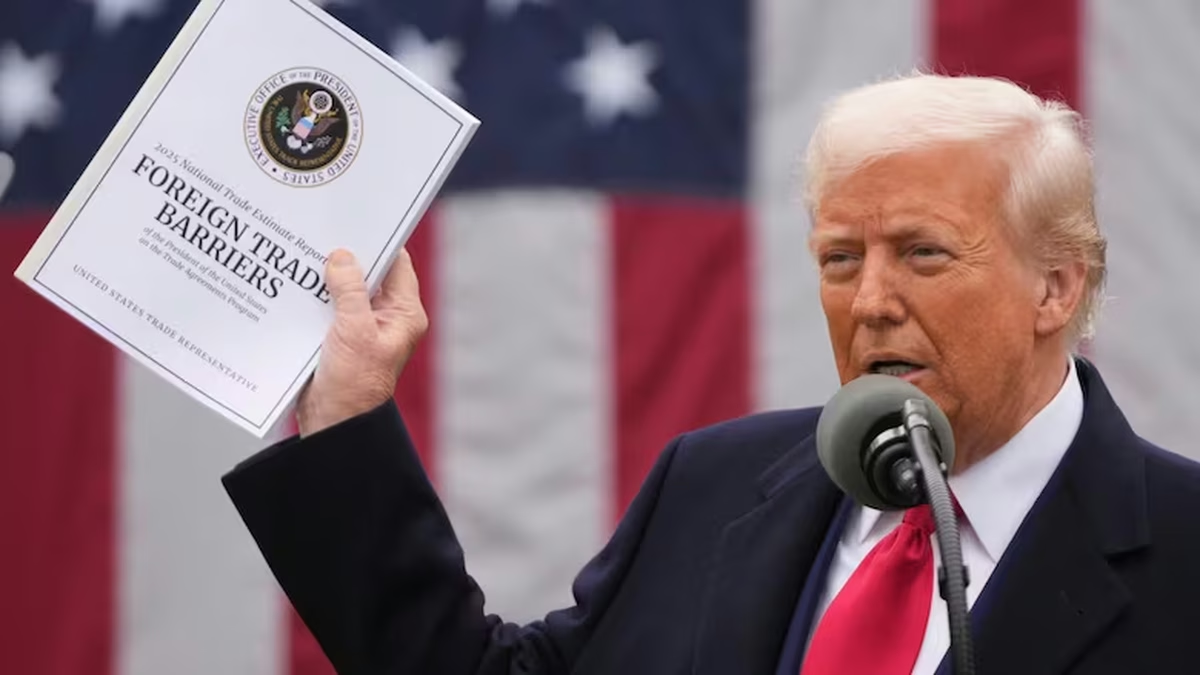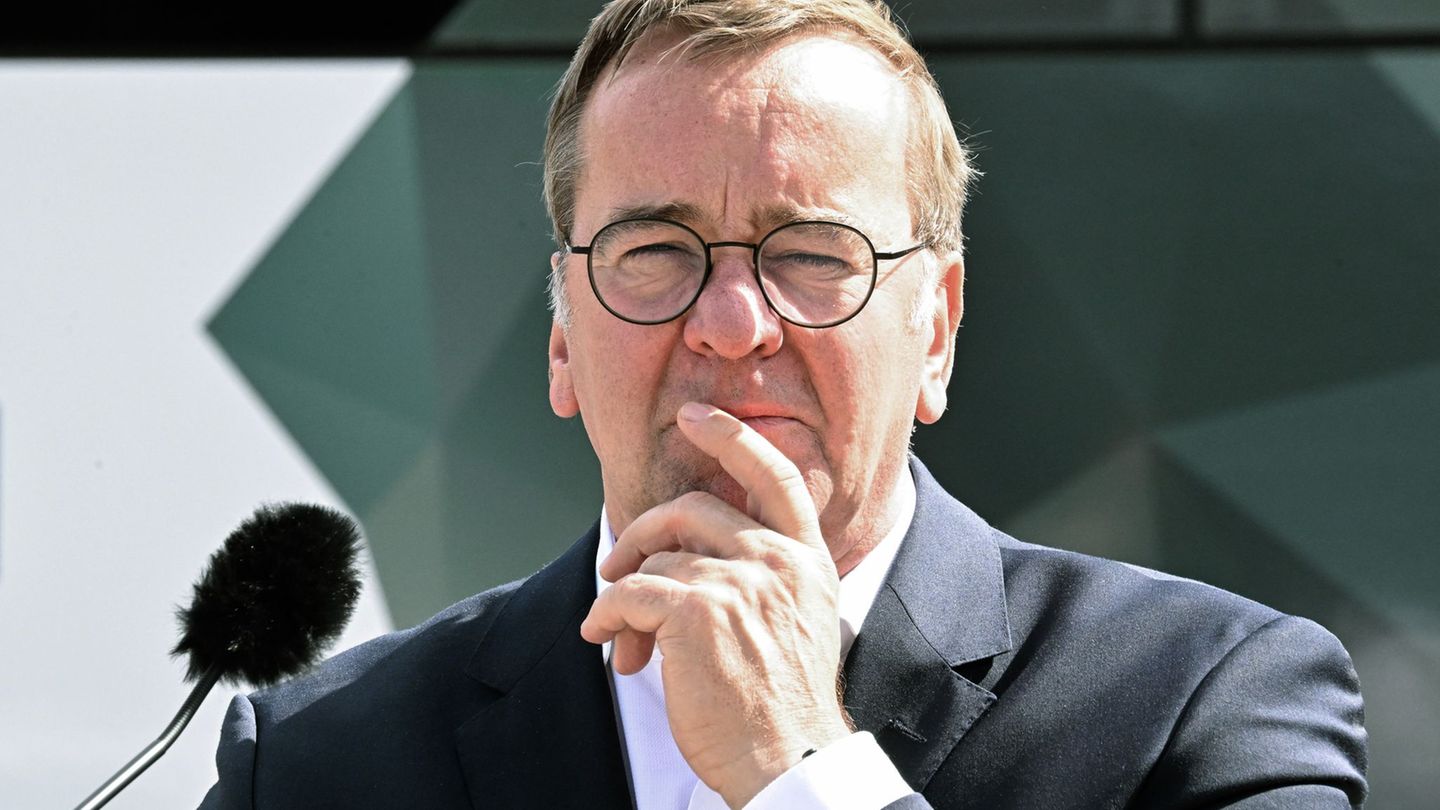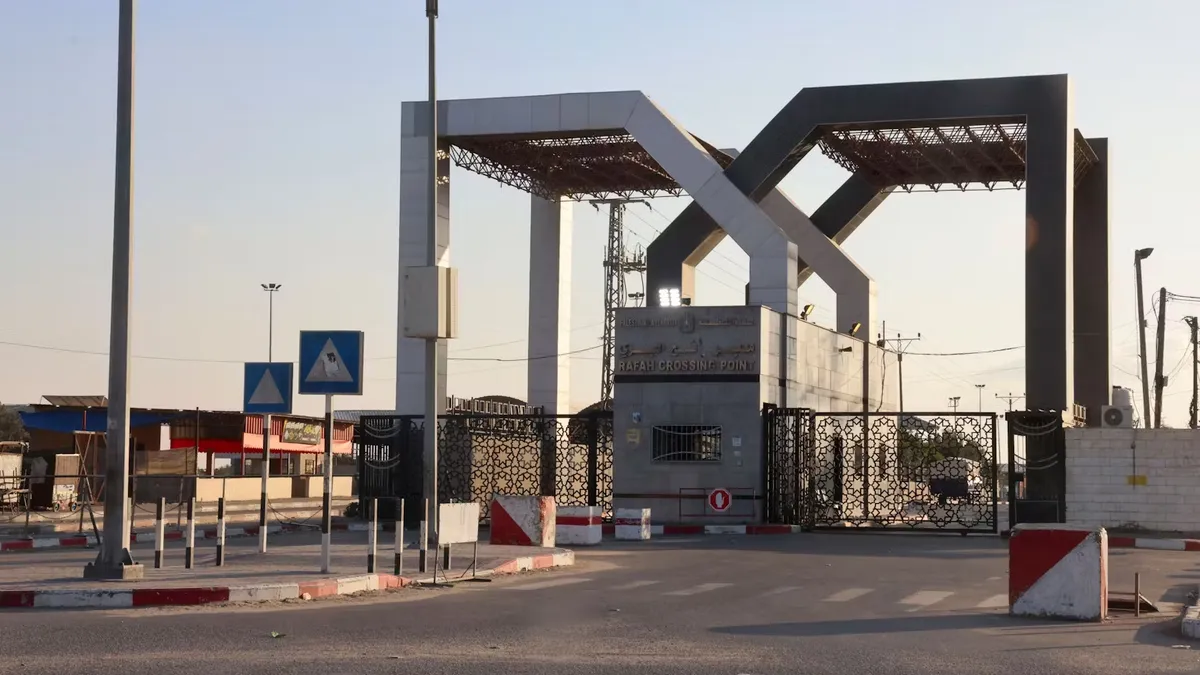He Treasury Secretary, Scott Besent, said there are 18 commercial partners who are in the focus of attentionand that he hopes to announce several important agreements during the next few days. In addition, he avoided confirming, or denying, on August 1 as a new deadline and acknowledged that there is congestion in the final stretch of the negotiations.
“The threat occurs in a context in which, the weekend, The BRICS resumed conversations about the creation of a transfrond payments system, which seeks to reduce the dependence of the US dollar and of the financial system dominated by the West, the swift, which is the global financial messaging network used for international transfers, “they posted since Personal Investor Portfolio (PPI).
Trump’s first agreement
Meanwhile, two countries officially have already come to fruition their negotiations with the United States. The first was the United Kingdomwhich signed an agreement in June that reduced US tariffs on British cars from 27.5% to current 10% and eliminated tariffs on motors and pieces of British aircraft.
“The British celebrate that they reached a commercial agreement, It sounds very pompous in the terms, but in the results it has a short time “the specialist in international commercial relations told this media, Federico Vacarrezza. In fact, some details of the agreement are still negotiating, especially in regard to the importation of British metal.
The second country to reach an agreement was Vietnam. On July 2, Trump said that the goods from the Asian country would face a 20% tariff and that any transhipment from third countries would be affected by a 40% tax, without providing major details.
A special case is that of China. Both powers reached a truce in June that set the American tariffs on Chinese imports by 55% And Chinese tariffs on US imports by 10%, after agreeing on a truce a month earlier.
In turn, they relieved the restrictions on minimis packages and agreed to lift the export controls, including The sale of chips and ethane design software to China and rare earth exports to the United States.
2025-04-03-TRUMP-TARIFFS.JPG
The reciprocal tariffs would take effect next month.
Market trust
The World Bank consultant and Chief Director of Tka Analytica, Tamón Takahashihe said that financial markets “The subject is already very discounted“, which “It has been diluted” With the passing of the months. “When the famous arrived Day of liberation, It was the last moment that the markets looked with care and concern to Trump, “he said before the consultation of Scope.
In this regard, he explained that “From that date to today there have been many positive updates”among which he mentioned the agreement with the United Kingdom, the commercial truce with China and the advances in the negotiation with the European Union (EU). Last week, The president of the European Commission, Ursula von der LeyenHe acknowledged that he wants to reach a “in principle” commercial agreement before July 9. Initially, the EU faced a 20% reciprocal tariff.
Takahashi emphasized that “Markets are pending other issues”like US labor market indicators, since they are therefore Negotiations between the United States and its main business partners will come to fruition. “I don’t see nervousness, dust is settling and I don’t see that the market is worrying a lot,” he added.
The impact on the second semester and the end of globalization
For Vaccarezzathe global economy It will be “colder in the second part of the year, with lower growth and commerce. A more volatile, more fragile, more divided and more polarized economy“. In that line, he considered that” that is the new scenario that all world leaders are taking into account and is the new scenario they have to face now. “
According to World Bank projections, global economic growth would be 2.3 % in 2025, with a slowdown in most economies compared to last year. “It would be the lowest worldwide growth rate since 2008, not counting world recessions”they explained from the multilateral organism.
“The stage of globalization is already, Today the stage we are going through is a post -gobalization“He synthesized Vaccarezza. He defined it as “a process in which the world goes to a multipolarity, but no longer within the framework of a multilaterality.” On that point, he assured that “The nation states begin to have a much larger weight” When “negotiating and going out to look for trade agreements.”
He said that the United States “is The country that has most seen its industrial and productive fabric With that free trade. “With this, he deteriorated his” leadership capacity worldwide and projecting a model that is enviable and to follow for the whole economies of the world. “And said that “The United States is a very large economy, but it has become tremendously inequitable. There is no American dream”.
Source: Ambito




